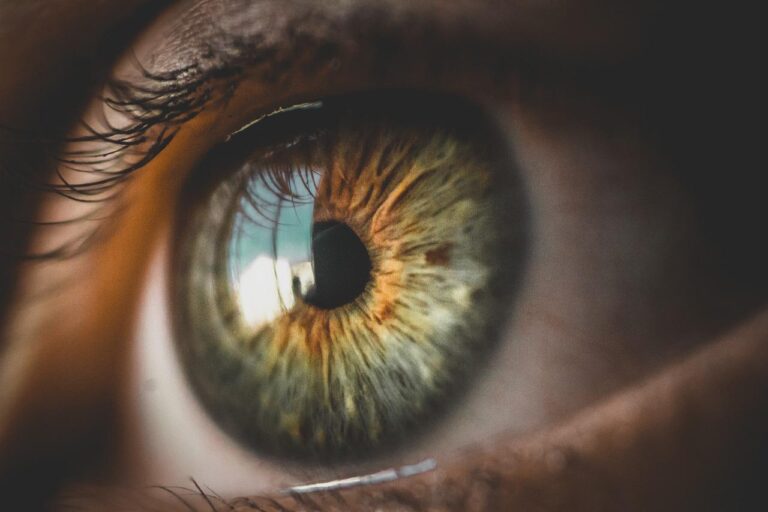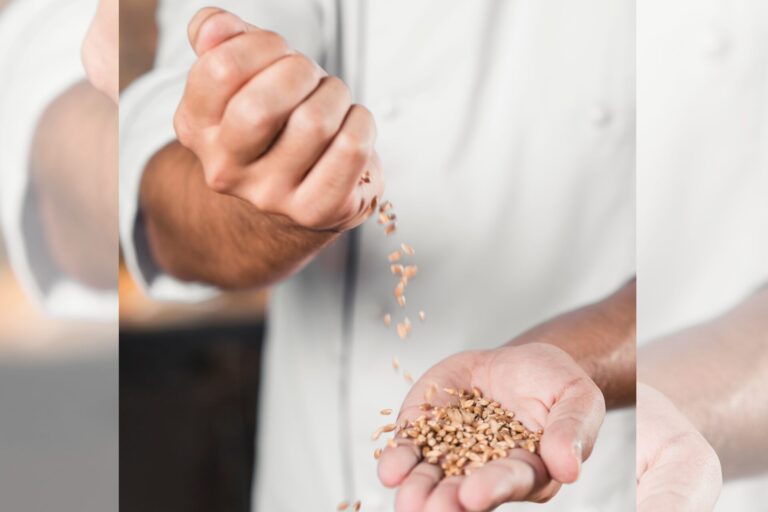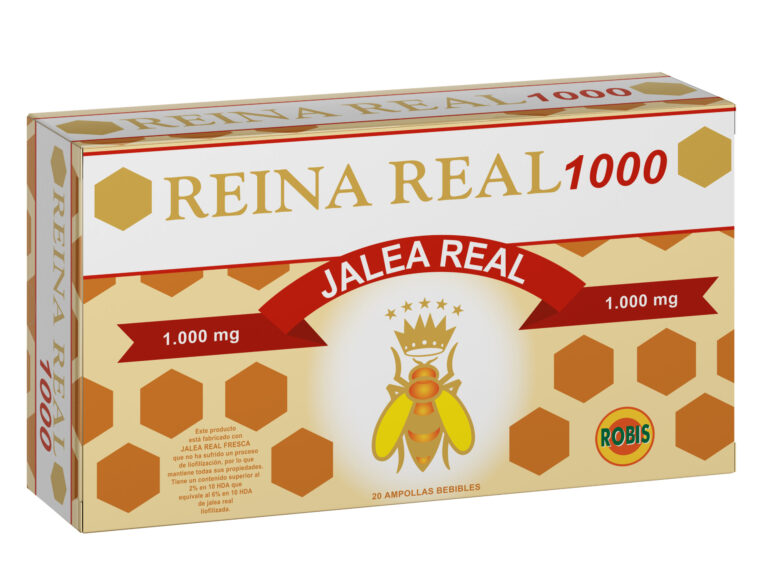Do you know the benefits of lutein and zeaxanthin for your vision? These are two substances that have been studied for some time and are increasingly recognised as beneficial for everybody’s eyesight. It is interesting to know how they work and how they can help you take care of your vision. We will provide you with all the information you need to get to know them better.
Lutein and Zeaxanthin: How Do They Help Your Eyesight?
Lutein and zeaxanthin are two elements found naturally in some foods. However, they can be found in higher quantities in food supplements.
What Are Lutein and Zeaxanthin, and Where Are They Found?
- Lutein is a yellow pigment of the carotenoid family. You can find it naturally in egg yolks, fruits with high amounts of carotenes, corn and dark green leafy vegetables, among other foods.
- Zeaxanthin is a natural fat-soluble pigment found in inedible ornamental plants such as tagetes or marigold, in certain algae and in foods like bell peppers and some Mexican chilli peppers. The main problem here is that the human organism does not produce this substance, which is essential for its proper functioning. Therefore, we are the ones that need to consume it, so we are able to take advantage of all its properties.
You can also find both in higher concentrations in our food supplements at robis.es.
Benefits of Lutein for Eyesight
Why is lutein good for vision? What is its role when improving our eyesight?
- It influences the maintenance of optimal eye condition, the organs of vision.
- It is part of the macula and the retina, which are two eye organs that deteriorate and weaken over time. For this reason, lutein intake helps to prevent their deterioration. Thus, it acts as an active element in the prevention of two of the main vision problems during middle age: cataracts and macular degeneration.
- It reduces and eliminates the harmful effects of free radicals that damage the organs of vision as a result of oxidative stress.
- It reduces retinal damage by decreasing the intensity of the wavelengths of the light spectrum, which is 90% of the cause of retinal damage.
- Helps prevent wet macular degeneration, the most dangerous and aggressive type of macular degeneration.
- Contributes to maintaining a healthy macula, which provides us with optimal central vision.
Benefits of Zeaxanthin for Vision
Lutein and zeaxanthin help us take care of our eyesight. We have seen how lutein does it, and now we are going to see how zeaxanthin‘s benefits.
- It acts as a highly protective shield against solar radiation, protecting the retina from ultraviolet radiation, which is one of the main causes of retina damage.
- By preventing the triggering of chemical reactions that cause the formation of free radicals, it acts against cellular oxidation, helping to prevent damage to our eyesight’s organs.
- It helps to prevent crystalline lens’ opacity, which occurs mainly in middle age or old age.
- It reduces the risk of cataracts and macular degeneration.
- It acts as a precursor of vitamin A, maintaining its chemical identity both in the retina’s macula and in the crystalline lens.
Why Taking Lutein and Zeaxanthin Together is More Beneficial for Vision
Several studies have shown that taking lutein and zeaxanthin together improves the benefits that both offer separately. Both natural elements are beneficial for the eyesight and, when present together in the right amount in the body, the benefits they provide are enhanced.
It is important to note that lutein and zeaxanthin are a natural part of the macula. Both have an antioxidative cellular action that helps prevent serious vision problems such as macular degeneration, retinal detachment, and cataracts.
For all these reasons, more and more specialists in visual health are recommending the intake of lutein and zeaxanthin to take care of vision. We recommend that you consult your doctor or an ophthalmologist about the suitability of a supplemental intake of lutein and zeaxanthin.
Would you like to know more tips? If you follow us on social media and subscribe to our newsletter, you will be the first to know about all the news related to taking care of yourself in an optimal and natural way.




